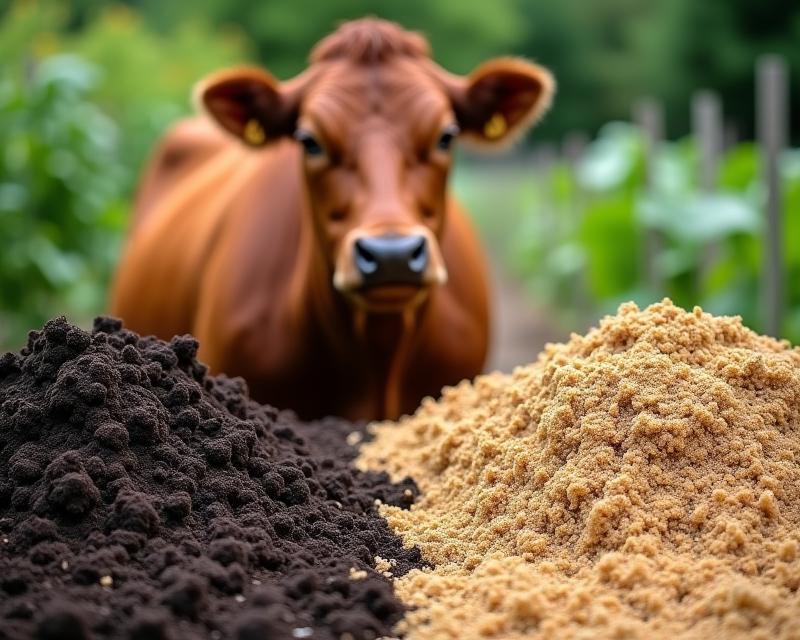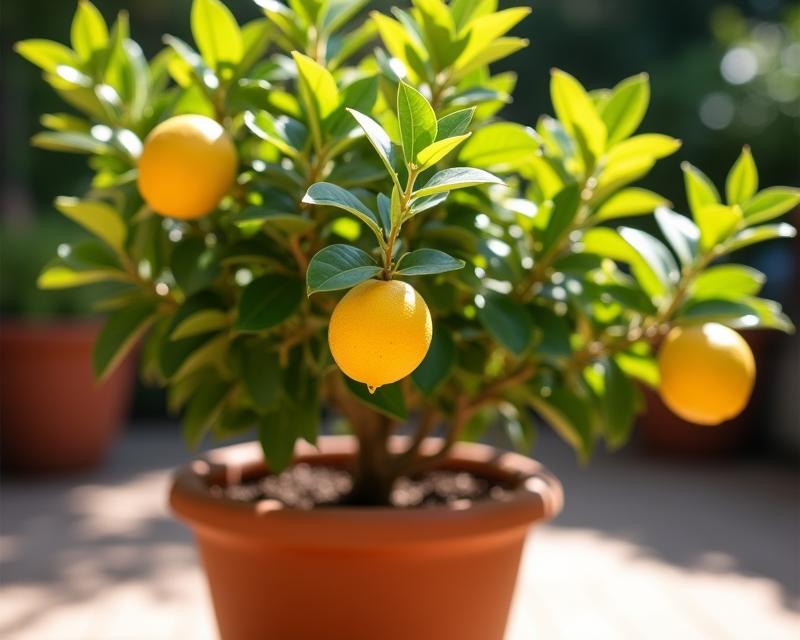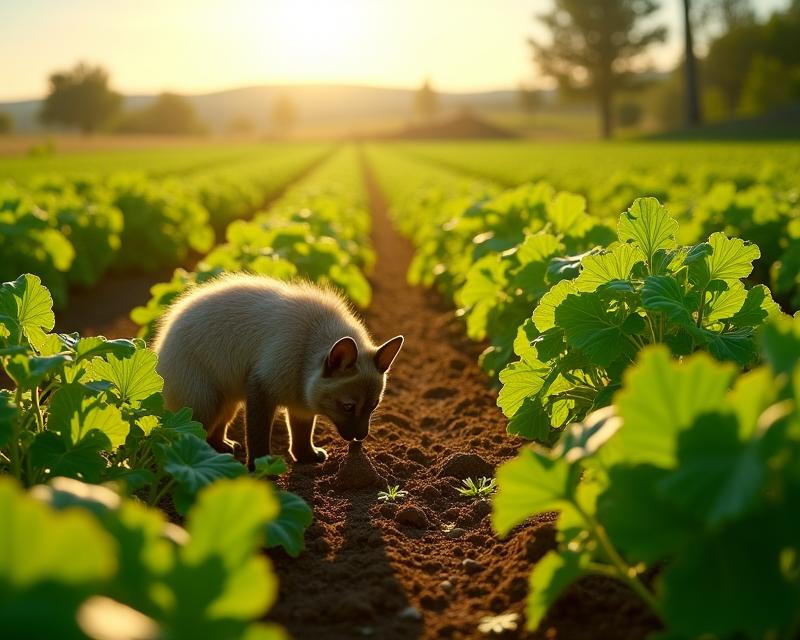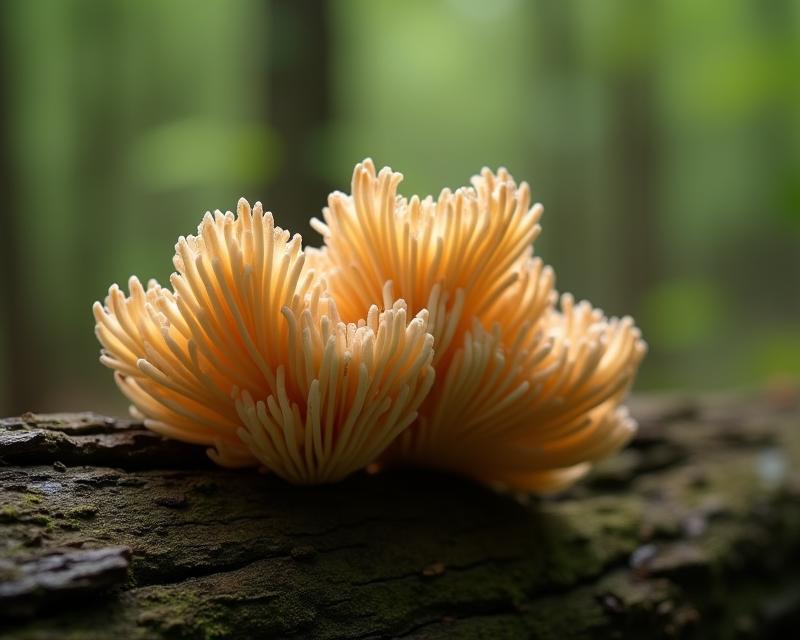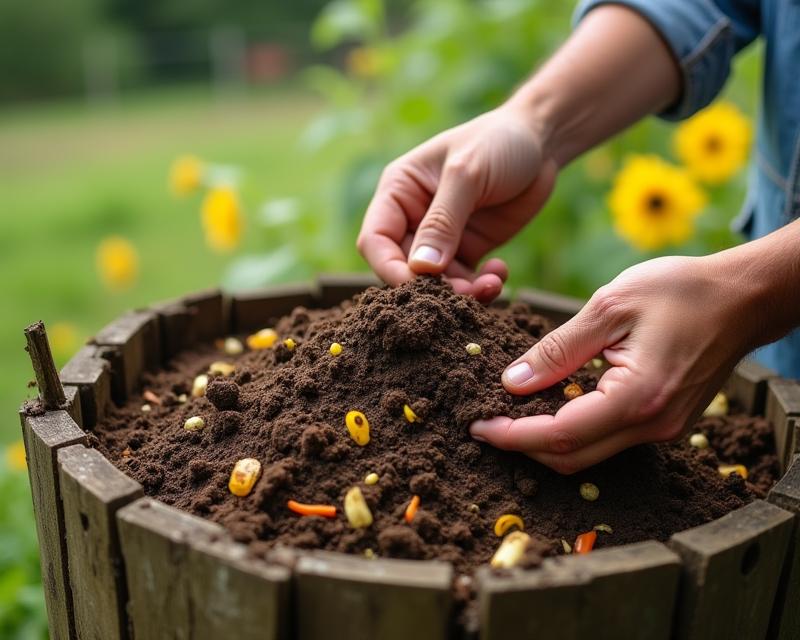Urban Gardens: Community & Compost!
Publish in Organic Gardening & Farming el 04/07/2025 00:57
Urban Gardens: Community & Compost!
More and more people are discovering the joys (and benefits!) of growing their own food, even in cities. Community gardens are blossoming across urban landscapes, offering a fantastic way to connect with nature, learn new skills, and build stronger communities. But successful urban gardens are about more than just planting seeds – they thrive on shared resources, collaborative effort, and a commitment to sustainable practices.
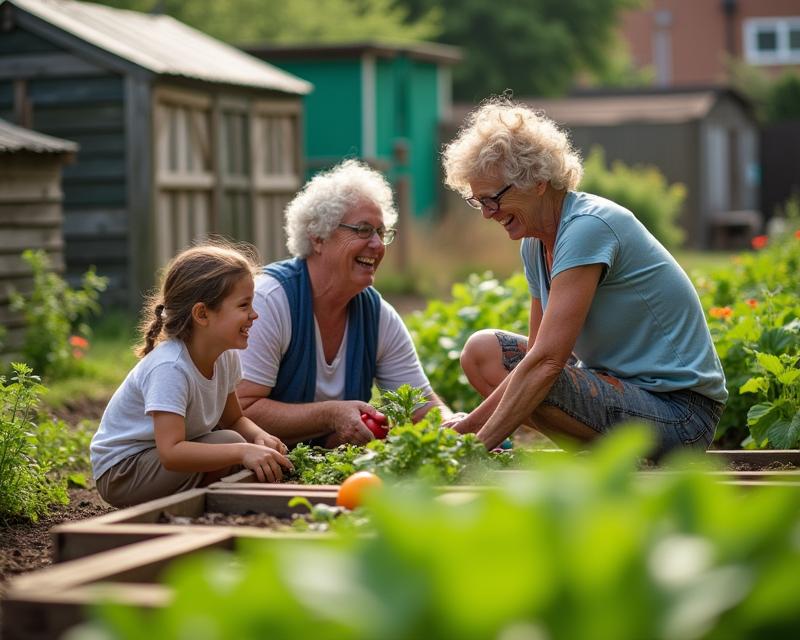
The Power of Shared Systems
One of the key ingredients to a thriving community garden is a well-managed composting system. Composting turns food scraps and yard waste into nutrient-rich soil amendment, reducing landfill waste and providing a fantastic, free fertilizer for the garden. Many gardens operate shared compost bins, with members contributing materials and working together to turn the compost. This not only reduces individual workload but also fosters a sense of shared responsibility and accomplishment. Think of it as a mini-ecosystem within your garden!
Resource Sharing: More Than Just Tools
Beyond composting, community gardens often share tools, seeds, and even knowledge. Having a shared tool shed saves everyone the expense of purchasing expensive equipment individually. Seed libraries allow members to exchange seeds, promoting biodiversity and saving money. And perhaps most importantly, experienced gardeners often mentor newer members, passing down valuable knowledge about planting, pest control, and harvesting techniques. This collaborative learning environment is invaluable for both beginners and seasoned growers.
Education & Community Building
Community gardens are also powerful educational spaces. Many gardens host workshops on topics like organic gardening techniques, pest management, and seed saving. These workshops are a great way to learn new skills and share knowledge with others. Furthermore, the garden itself becomes a focal point for community building. Shared tasks, potlucks, and garden celebrations create a sense of belonging and strengthen social bonds. It's a wonderful way to connect with neighbors and build a more resilient community.
If you're interested in starting or joining a community garden, reach out to local organizations or check with your city's parks and recreation department. Even if you don't have space for a full plot, many gardens welcome volunteers! The benefits of community gardening – fresh food, sustainable practices, and a stronger community – are well worth the effort.
